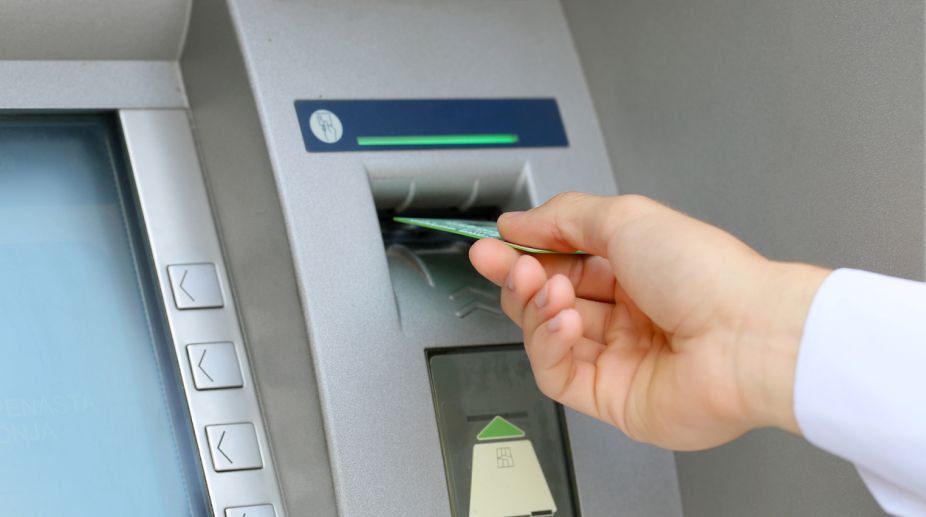The Central government is considering more steps to curb cash transactions even as a few banks have started imposing charges after limited transactions. The government is now considering imposing a cap on cash holding limit as suggested by the SIT.
Most bankers say they are under pressure from the government to augment digital economy. A clutch of private banks such as ICICI, HDFC and Axis Bank have imposed charges at present, since they have the highest CASA (current account-savings account) deposit ratio.
Bank officials indicated that the number of free ATM withdrawals may be slashed. There will be a hike in charges levied in the coming months in a move to discourage people from using cash. The country's largest PSU bank State Bank of India has started levying charges after only three transactions.
The Supreme Court-constituted SIT in July last year had recommended a cap of Rs 3 lakh on cash transactions and Rs 15 lakh on cash holdings. The decision to levy a cash transaction fee has come less than two weeks before 13 March, the deadline set for the removal of all restrictions on cash withdrawals.
Union Finance Minister Arun Jaitley, while presenting the Budget, already implemented one of the SIT recommendations of allowing no transactions above Rs 3 lakh in cash. Bank officials also indicated that they will increase charges on issuance of cheque books.
However, experts believe that many other small private banks who have not imposed transaction charges such as Indusind bank, Bandhan bank, Kotak Mahindra, Yes Bank, etc., are taking this as an opportunity to attract customers to shift their accounts and increase their deposit base.
According to market experts charging transactions on high value cash transactions is not a bad idea since this will not impact the normal customers. However, much of the problem will arise if banks start charging cash withdrawal/ deposit transactions in small value. This will hurt the common customer since cash is still a mainstream medium for transaction.
The government is making a case for digital economy at a time when the country's mainstream digital infrastructure is not fully equipped to handle security breaches. RBI Governor Urjit Patel, who appeared before the Public Accounts Committee, told the panel that the country’s infrastructure is not ready for a cashless economy.
A shift to digital transactions will greatly increase exposure to cyber-security threats ~ essentially fraud and theft. At present, neither the government nor the banks are ready to compensate for any loss of an individual due to online transactions.











